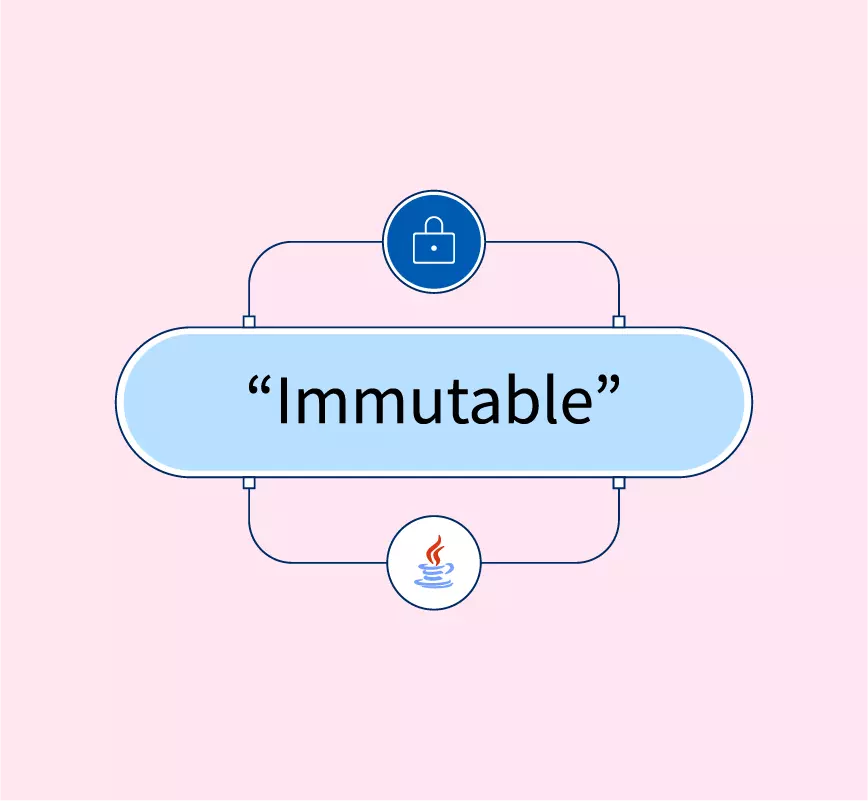Unalterable Strings: A Secret Part in Ensuring Data Consistency and Reliability
In the world of information management, the value of unalterable strings can not be overemphasized. These unvarying series of characters play a pivotal role in maintaining the honesty and precision of details within systems. By keeping a state of immutability, data uniformity is made sure, promoting a structure of integrity whereupon crucial procedures rely. The principle of immutable strings goes beyond simple technicality; it is a cornerstone in the complicated web of information administration. As we discover the benefits, application techniques, and useful applications of immutable strings, a more clear photo arises of their crucial nature in guarding the digital landscape.
The Idea of Unalterable Strings
Unalterable strings, a basic principle in programs, describe strings that can not be changed as soon as they are produced. Basically, once a string value is assigned, any operation that appears to modify the string actually produces a brand-new string. This immutability ensures data uniformity and dependability in applications, as it avoids unanticipated changes to the original information.
Advantages in Data Uniformity

Data uniformity is essential in various facets of software application growth, consisting of data source management, multi-threaded atmospheres, and distributed systems (Why are strings immutable in Java?). Immutable strings add considerably to achieving this uniformity by preventing data corruption due to simultaneous access. In scenarios where numerous processes or threads communicate with the very same information concurrently, immutable strings work as a secure versus race conditions and synchronization problems
In addition, the immutability of strings simplifies debugging and screening processes. With immutable strings, programmers can trust that when a string is established, it will continue to be unmodified, making it less complicated to trace the source of mistakes and guaranteeing that examination situations generate consistent outcomes. This reliability in information managing ultimately causes more durable and secure applications.

Applying Unalterable Strings
Making sure the immutability of strings requires a thoughtful technique to their implementation in software program advancement. Once a string things is produced, one crucial technique is to make string classes in a way that protects against modifications. By making strings unalterable, programmers can boost data uniformity and reliability in their applications.
To execute unalterable strings efficiently, designers need to favor developing new string items instead than modifying existing ones. This technique makes certain that when a string is appointed a value, it can not be altered. Additionally, any kind of procedure that shows up to customize the string should produce a brand-new string with the wanted more info here adjustments as opposed to changing the initial.
Moreover, utilizing immutable strings can streamline concurrency administration in multi-threaded atmospheres. Since immutable strings can not be changed after creation, they can be securely shared amongst multiple strings without the danger of information corruption.
Duty in Dependability Assurance
In software program growth, the usage of unalterable strings plays an essential function in making certain the integrity of information procedures. Unalterable strings, once developed, can not be changed, ensuring that the data they represent stays regular throughout the application's execution. This immutability residential or commercial property gives a degree of guarantee that the information being refined will certainly not be inadvertently altered, leading to unforeseen outcomes or mistakes in the system.
By including unalterable strings right into software program layout, designers can enhance the reliability of their applications by lessening the risks connected with mutable data - Why are strings immutable in Java?. Immutable strings aid in stopping data corruption or unintentional adjustments, which can be specifically critical when dealing with sensitive info or when data integrity is paramount
Furthermore, making use of immutable strings streamlines simultaneous handling, as numerous threads can safely accessibility and share string information without the danger of one thread altering the material while one more is reading it. This facet contributes dramatically to the general reliability of the software system, guaranteeing predictable and constant actions in data handling procedures.
Applications and System Assimilation
The smooth combination of unalterable strings into different applications and systems is pivotal for making certain robust data uniformity and dependability across diverse technical environments - Why are strings immutable in Java?. Unalterable strings play webpage an essential role in improving the integrity of information exchanges and interactions within complex software application communities. By including unalterable strings right into applications, designers can minimize the threats connected with information tampering, unapproved alterations, and unintended Extra resources changes, thus fortifying the total safety and security pose of the system
In the context of system assimilation, immutable strings serve as a fundamental component for establishing safe and secure communication channels and promoting smooth information transfers between various parts. Their unalterable nature guarantees that information transferred between systems stays unmodified and proven, decreasing the likelihood of variances or mistakes that might compromise the integrity of the whole system. In addition, unalterable strings can improve interoperability between disparate systems by offering a standardized layout for information depiction, making it possible for a lot more effective data handling and exchange protocols throughout interconnected systems. By embracing unalterable strings in applications and system combination procedures, organizations can fortify their data framework and promote the reliability and uniformity of their details properties.
Conclusion
Finally, unalterable strings play a crucial function in maintaining information consistency and integrity in various applications and system integrations. By ensuring that strings can not be transformed once created, the stability of data is maintained, reducing the threat of errors and disparities. Applying immutable strings can substantially boost the dependability of systems, ultimately bring about even more precise and trustworthy information processing.
